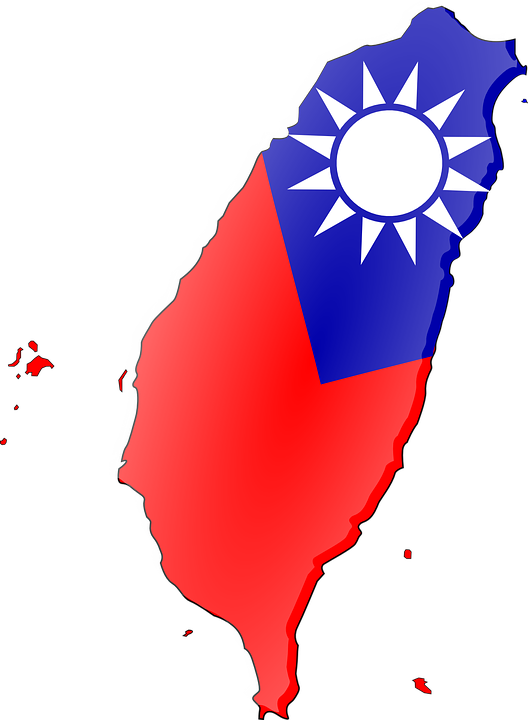Two nuclear powers on alert, live fire exercises east of Taiwan, and the third person in line for the US presidency visiting Taipei. What could go wrong? Progressively belligerent behavior by China represents an increase in the risk that a mistake could lead to kinetic conflict between China and the United States and, perhaps, include America’s allies in the region. During Speaker Nancy Pelosi’s recent Taiwan visit the US Navy deployed a carrier battle group and increased patrols near Taiwan in the Philippine Sea to ensure her safety after threats from Beijing. In response to the announcement of the Speaker’s potential visit, the Chinese government ordered its navy to encircle the island and conduct live fire exercises and naval drills. Commercial airliners and ships were forced to detour three hours out of their way to avoid the hostile marine environment. Of the 11 Chinese missiles launched east north, and south of Taiwan, five landed in Japan’s economic zone. China’s actions went far beyond those of its navy.
Less reported by the mainstream media was Beijing’s highly coordinated, propaganda campaign to undermine the visit. As China’s physical strength has increased, so has its ability and determination to launch disinformation campaigns promoting false evidence on everything from the recent Supreme Court abortion ruling to bioweapons in Ukraine. Patrick Tucker, technology editor of the publication Defense One, says that “US cybersecurity company Mandiant discovered that the Chinese group, dubbed HaiEnergy, had published ‘two articles critical’ of Pelosi (D-CA), ‘in response to reports that she may visit Taiwan in early August.’”
Last Thursday HaiEnergy warned that Pelosi should stay away from Taiwan, claiming that a visit would “tarnish” relations between the US and China. Earlier this year in March the same group attacked former US Secretary of State Pompeo’s trip to Taiwan, using fake Taiwanese news sites, and pushed the narrative that the Washington would be an unreliable partner to Taipei in the event of a Chinese invasion. HaiEnergy has a long track record of going after academics and others who protest or expose China’s human rights abuses. Their operations are complex and multinational.
Using fake letters purporting to show that German anthropologist Adrian Zenz was receiving money from US government sources, HaiEnergy first tweeted a photo of the fabricated letter, which contained spelling and grammatical errors, and then used a fake Swiss news site to report on the tweet, according to Tucker. The group then apparently linked one of the faked letters to US Senator Marco Rubio (FL-R) and former White House Chief strategist Steve Bannon. “The other two letters implied that the financial support came from grants awarded to Zenz from the Victims of Communism Memorial Foundation in 2020 and 2021,” according to US cybersecurity company Mandiant.When former US Secretary of State Michael Pompeo traveled to Taiwan in March, the group used fake Taiwanese news sites to suggest that the US would be an unreliable partner if China decided to invade the island. In Ukraine the group purported to show that the US used biochemical weapons against Russia. “In June, Mandiant traced a coordinated information campaign around rare-earth minerals back to a separate Chinese group called DRAGONBRIDGE, but Mandiant believes the tactics and digital infrastructure used in both cases suggests that they are separate efforts, according to Tucker.” So far, Mandiant has identified 72 websites (59 domains and 14 subdomains) hosted by Haixun, which were used to target audiences in North America, Europe, the Middle East, and Asia. This is only the tip of the iceberg when it comes to Chinese disinformation campaigns. One military analyst in Washington suggested that China uses cyberattacks and disinformation campaigns to “soften up the populations of western countries,” split opinions, and improve China’s standing. While the physical threat of a live military drill may be blatantly aggressive, China’s cyberattacks and disinformation campaigns represent a more insidious threat to the long-term stability of the international community. These threats are subtle, increase in intensity over an extended period of time, and recur often enough that the message earns credibility simply through repetition. The danger is that too often members of a free society tend to believe what sounds familiar without independently corroborating the facts. Missiles are dangerous weapons but so are the fabrications the CCP uses to harm its competitors and enemies.
Daria Novak served in the U.S. State Dept.
Illustration: Pixabay
